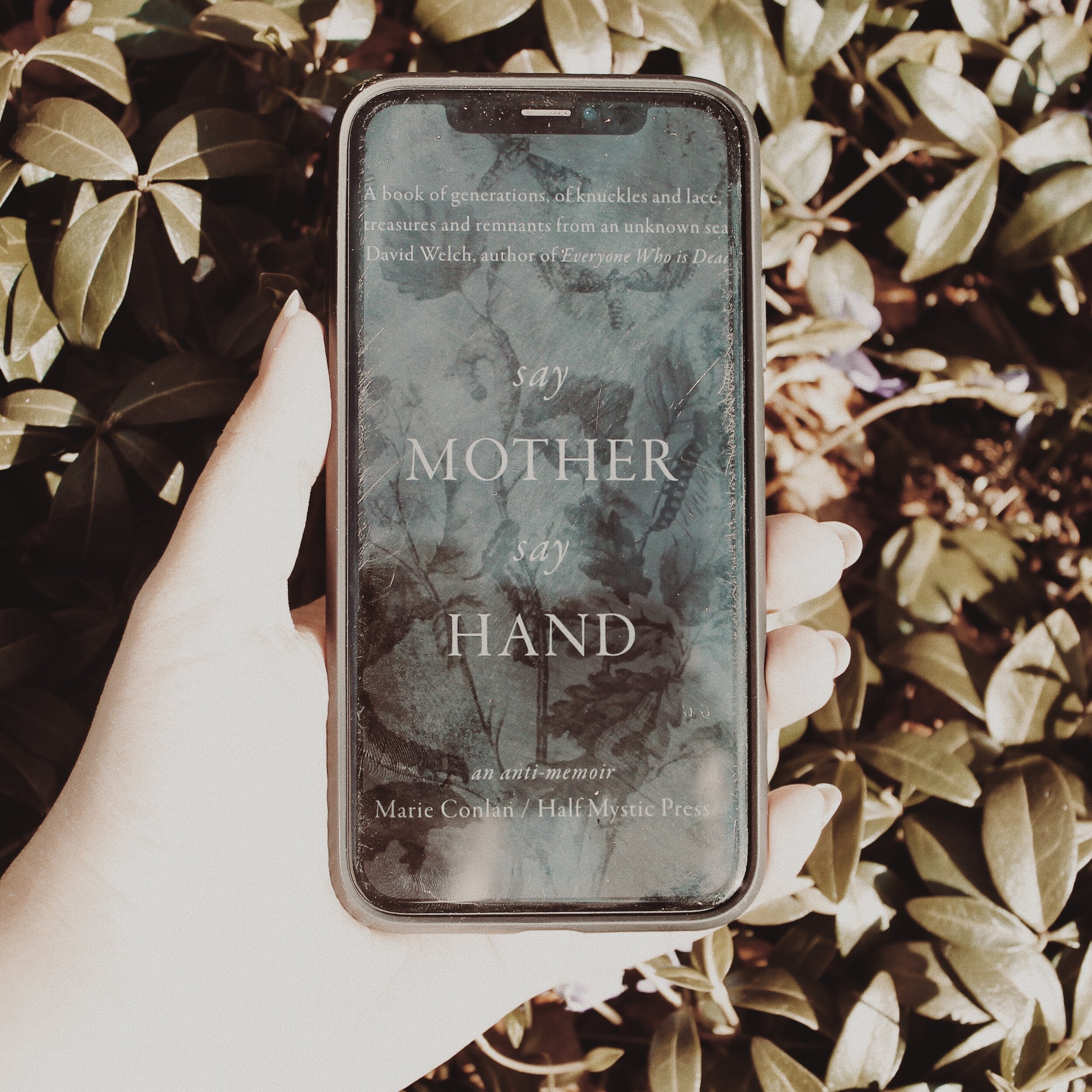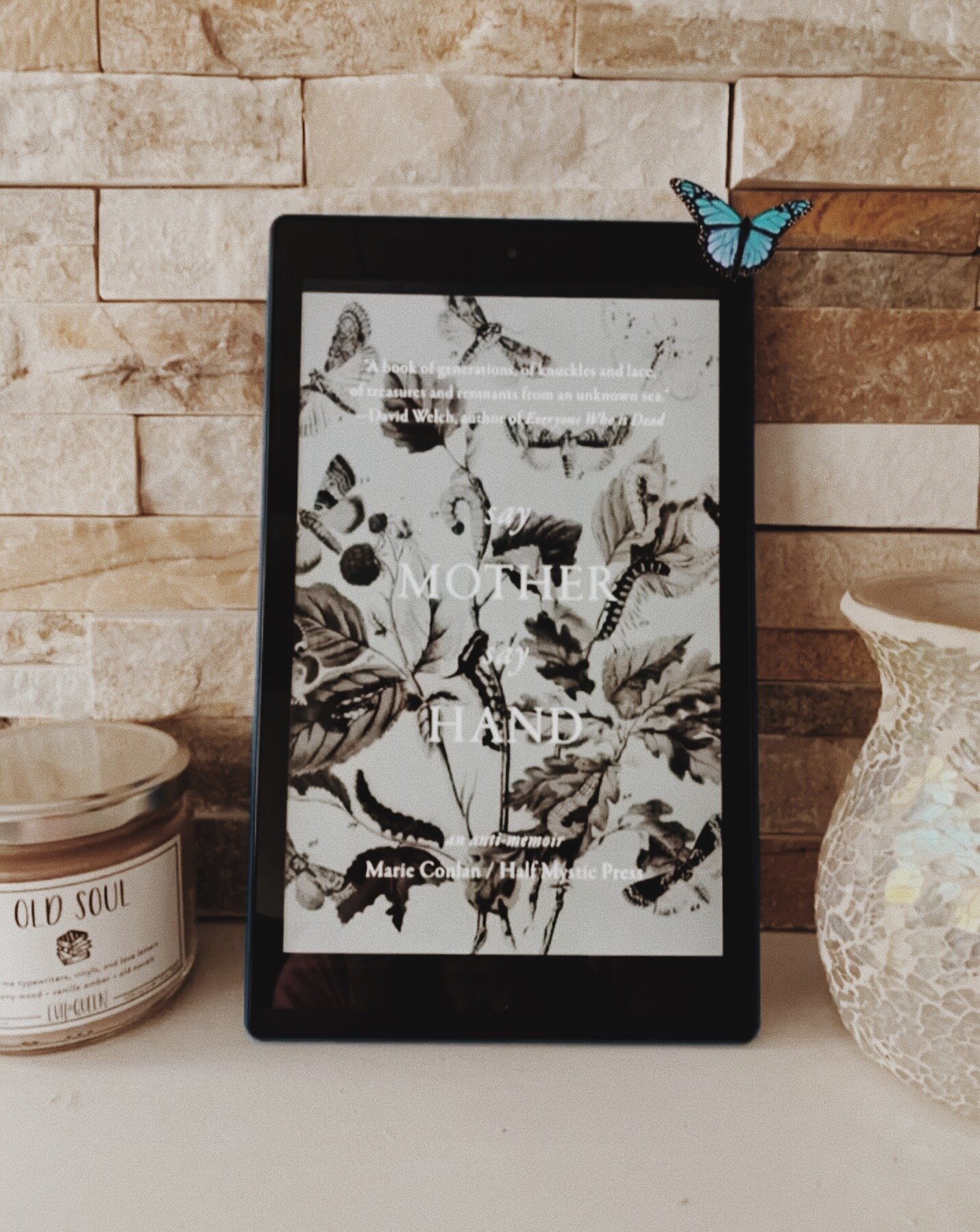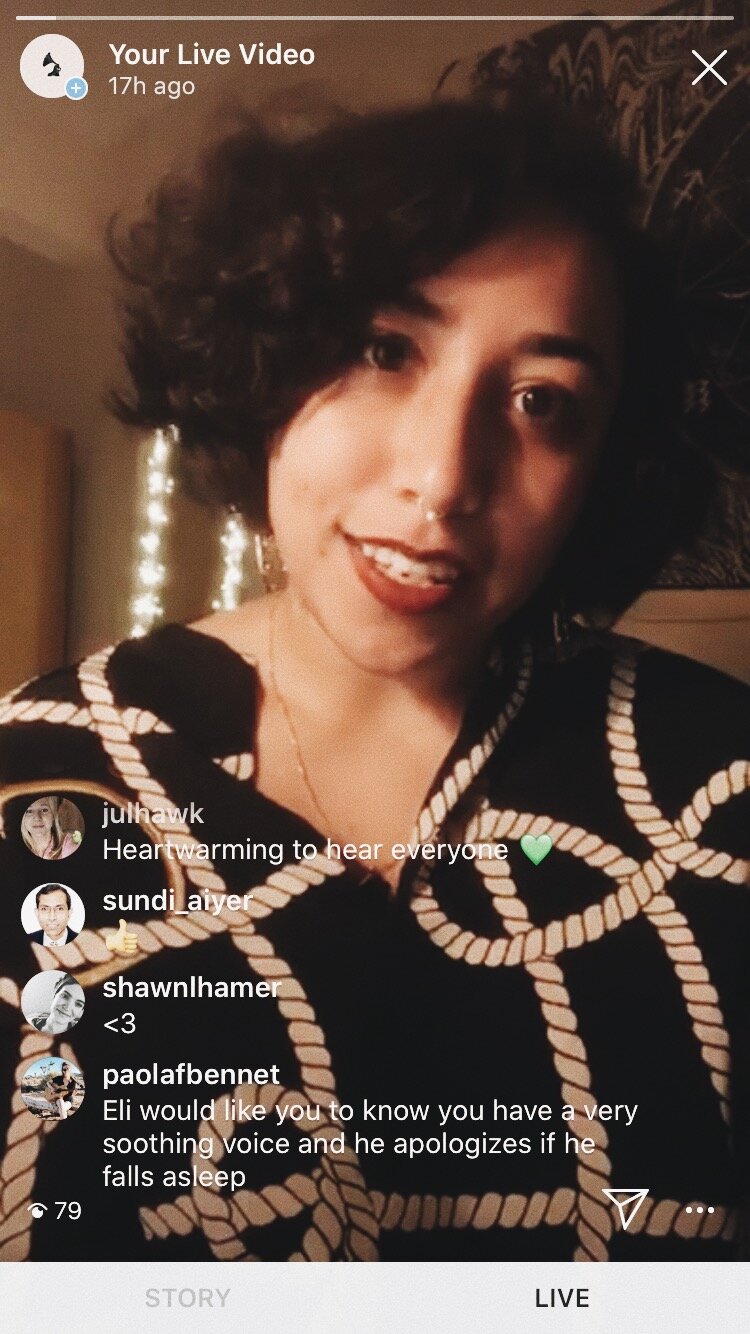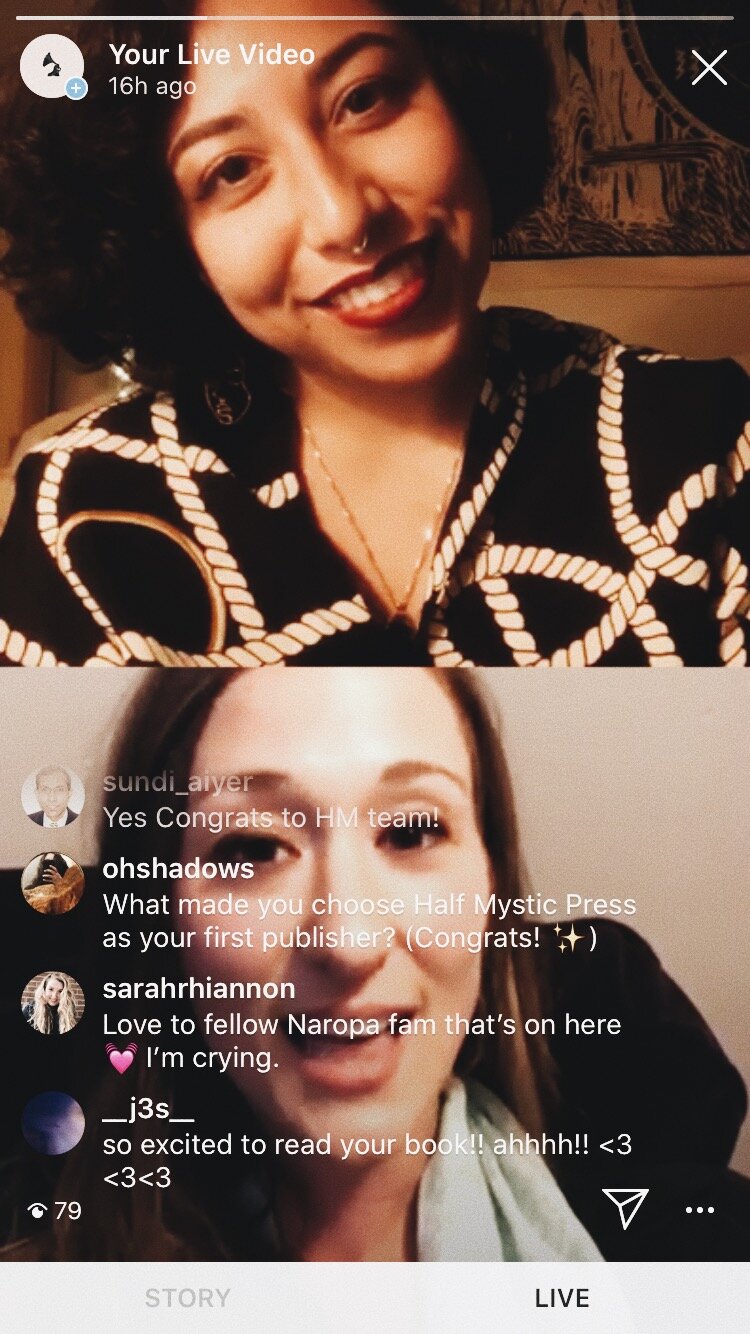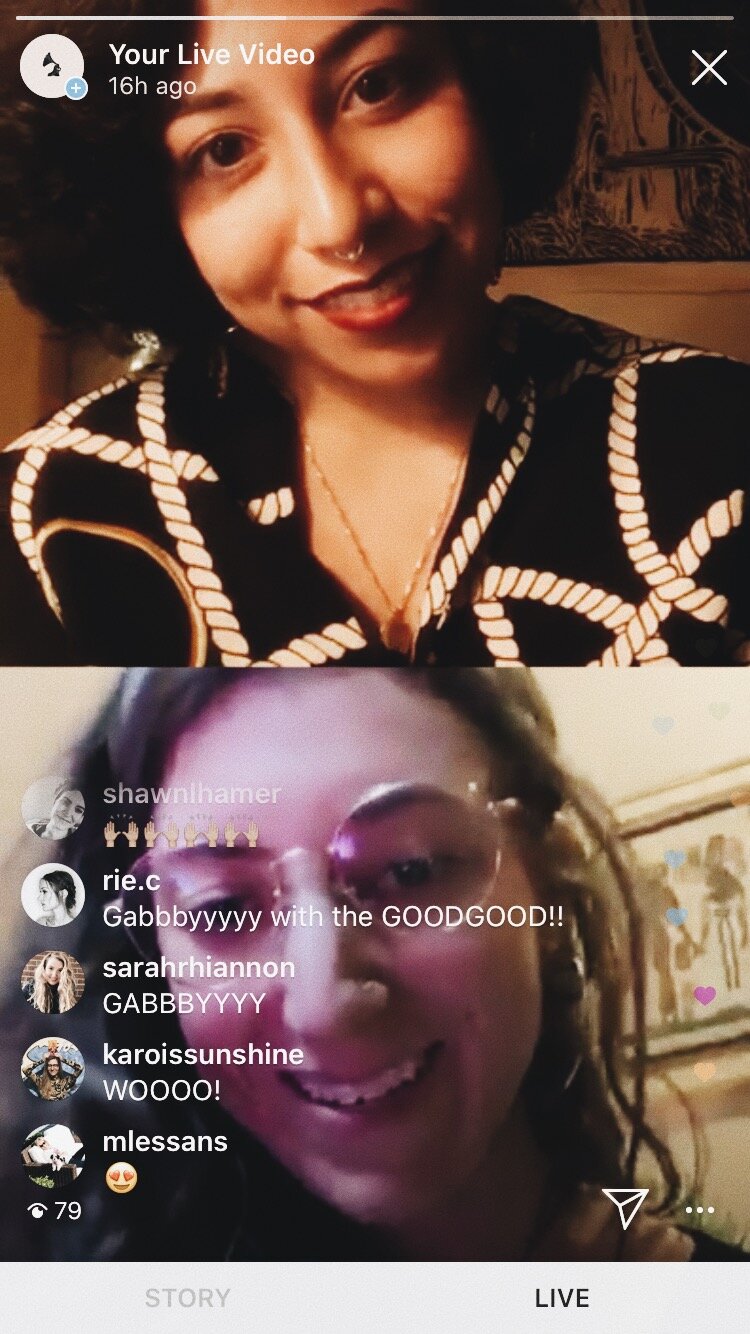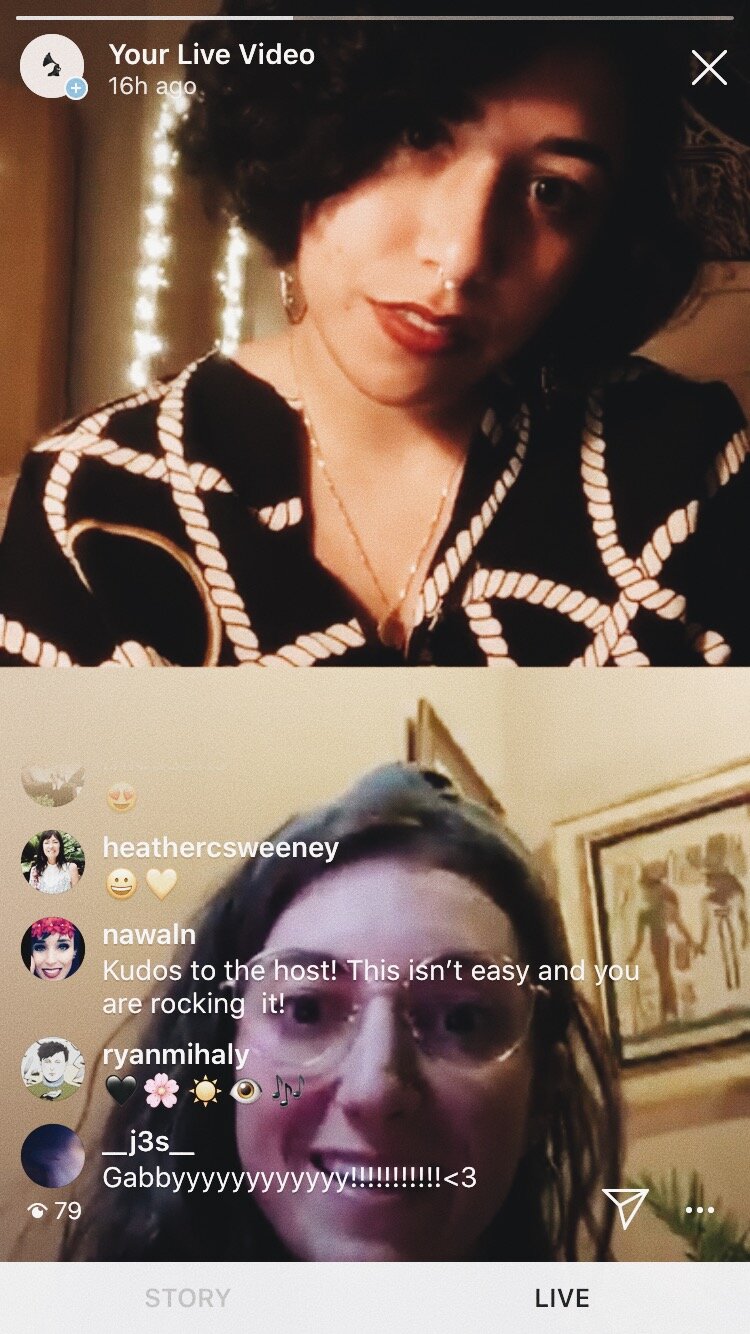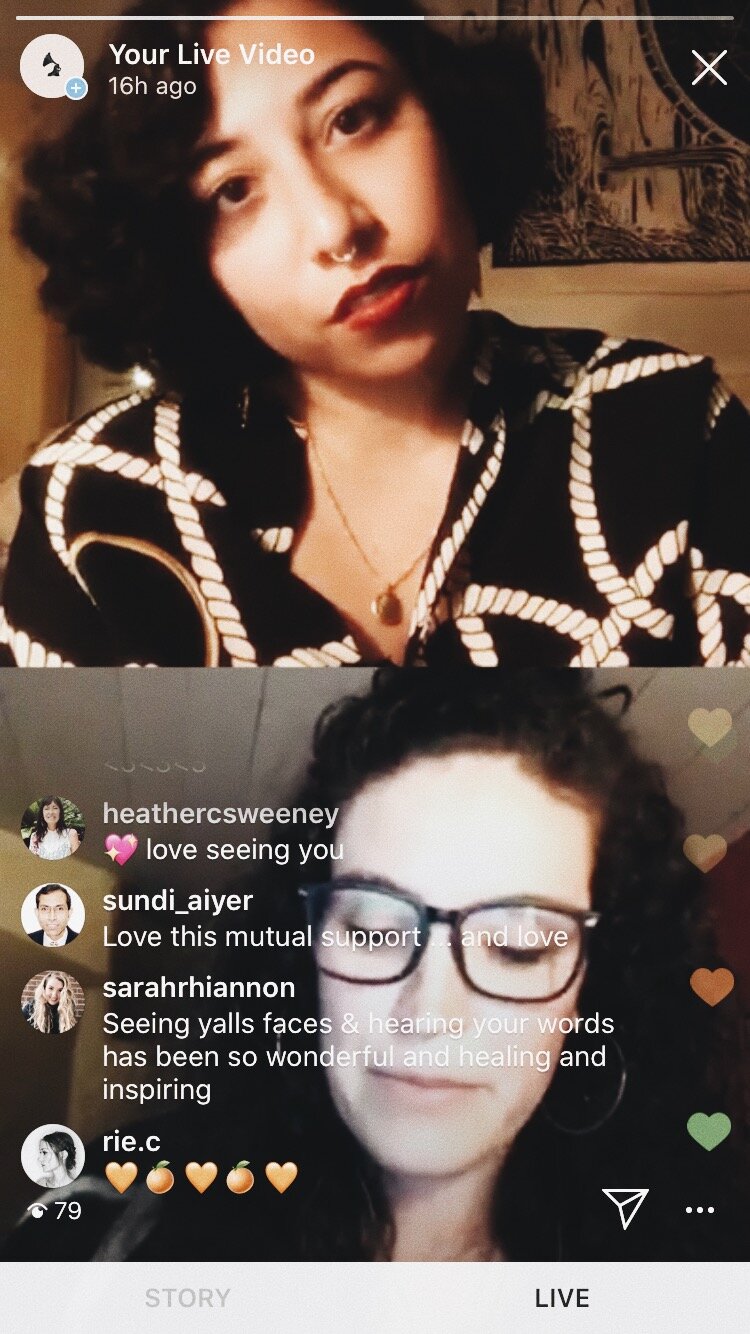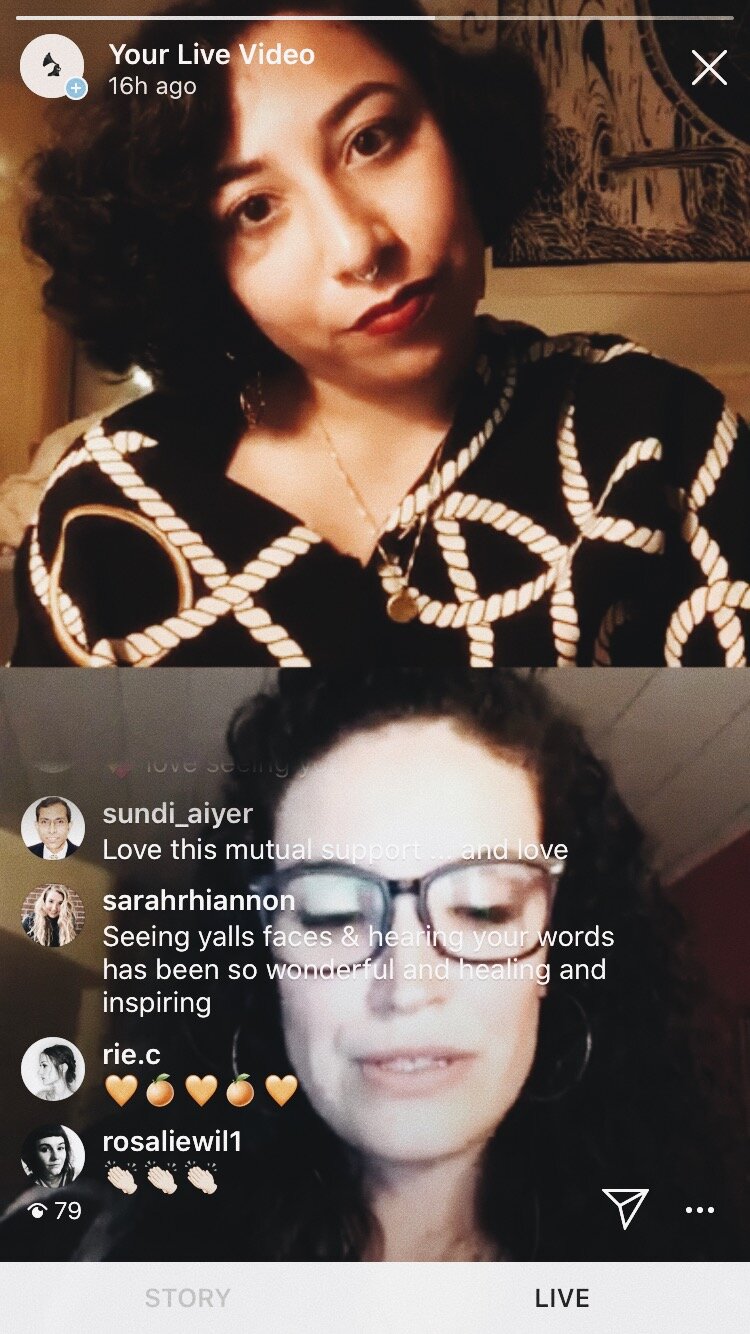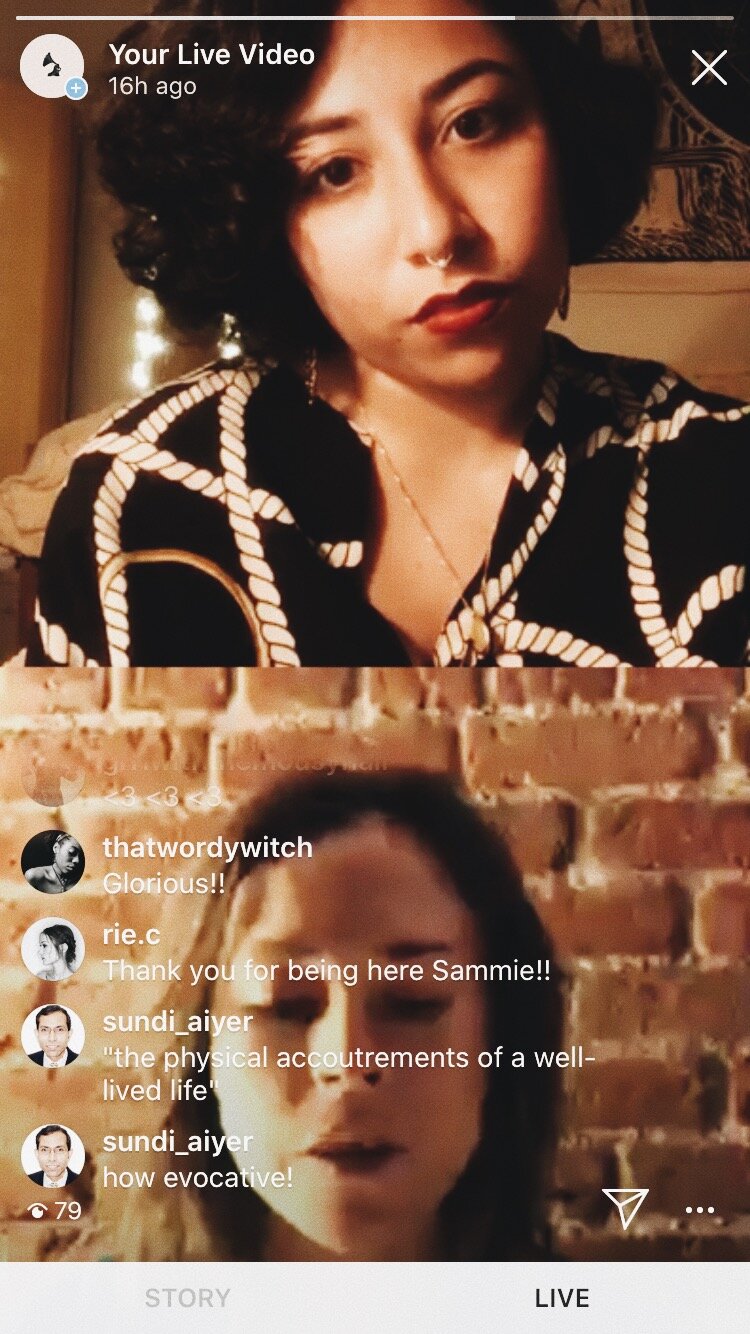Say Mother Say Hand by Marie Conlan
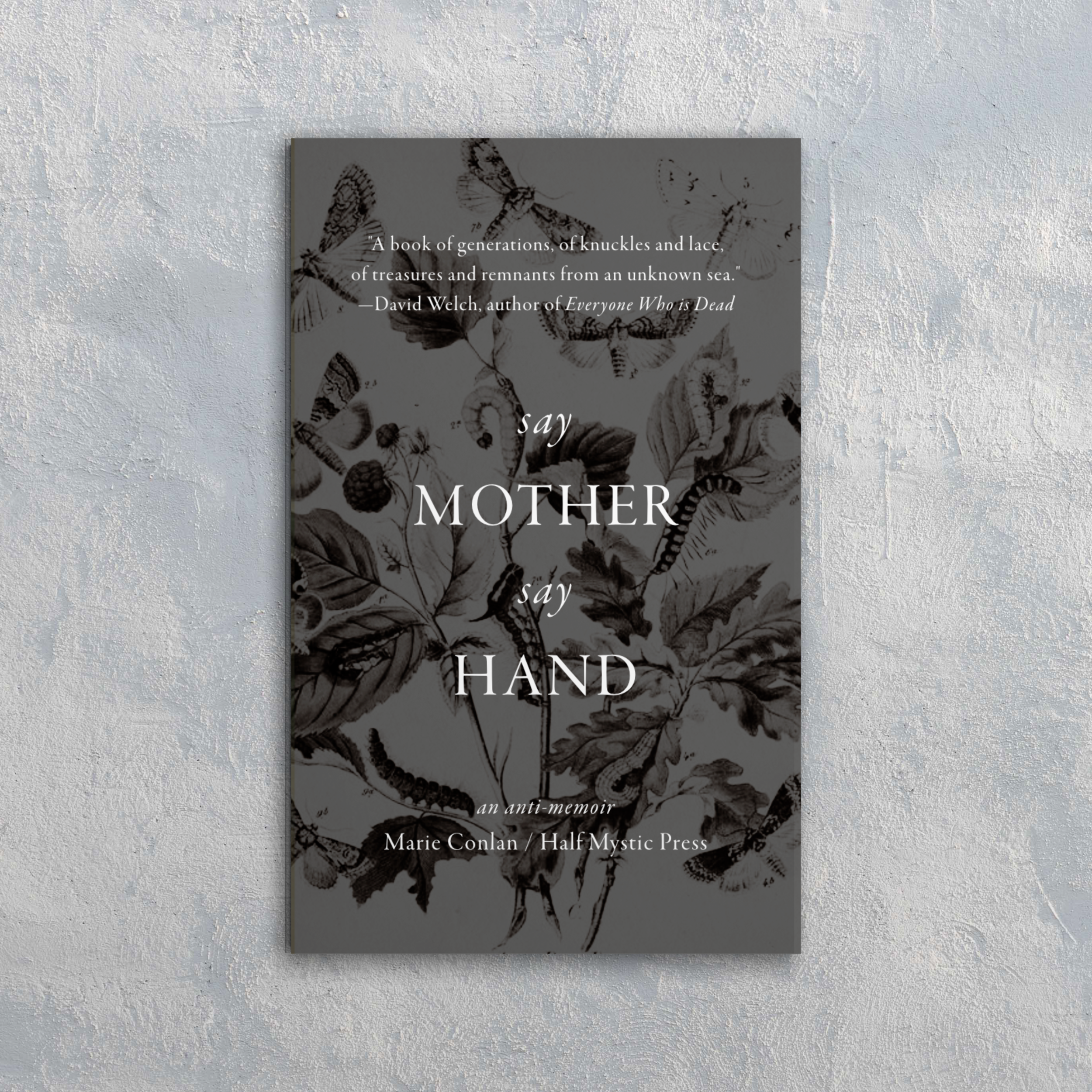
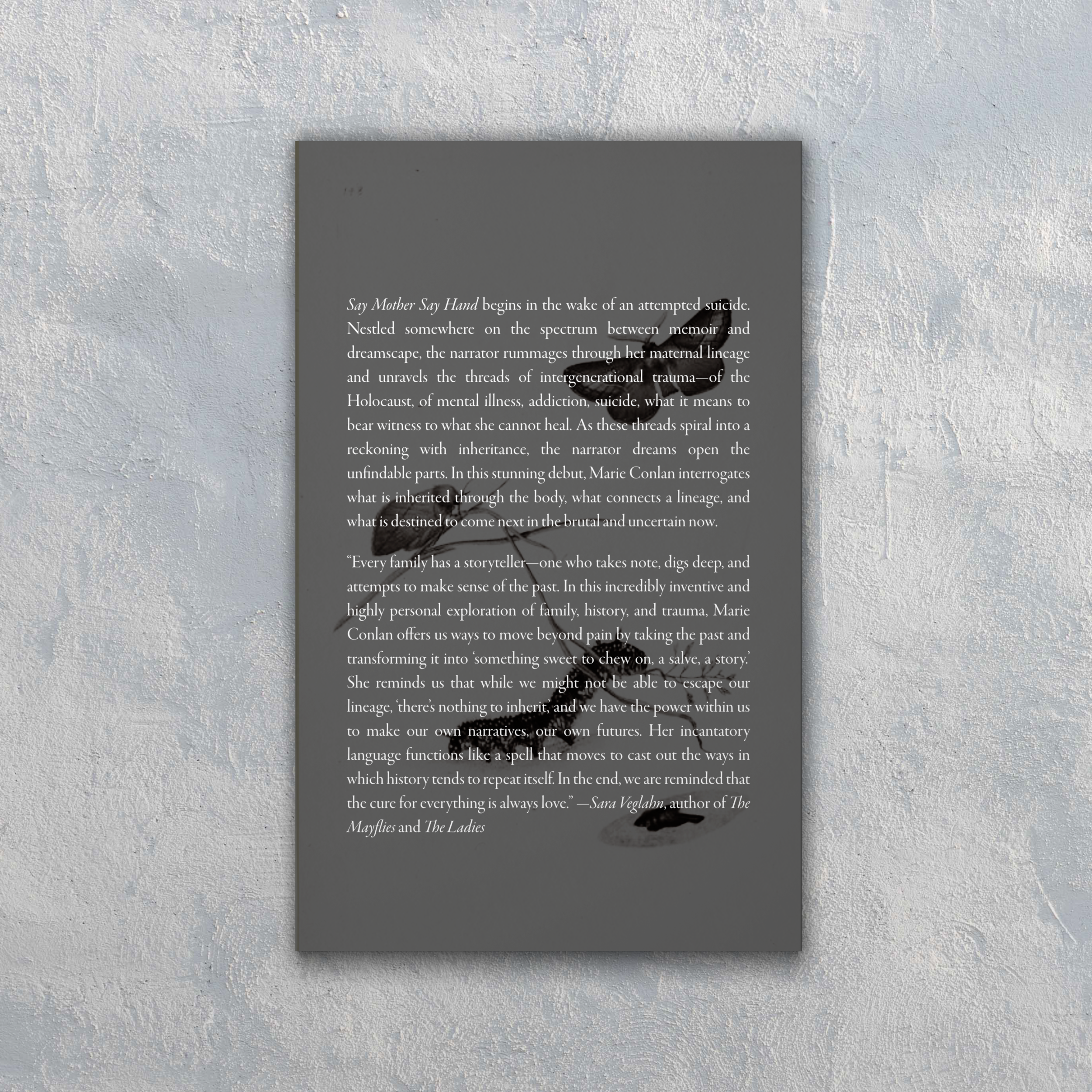
Say Mother Say Hand by Marie Conlan
About the book
Say Mother Say Hand begins in the wake of an attempted suicide. Nestled somewhere on the spectrum between memoir and dreamscape, the narrator rummages through her maternal lineage and unravels the threads of intergenerational trauma—of the Holocaust, of mental illness, addiction, suicide, what it means to bear witness to what she cannot heal. As these threads spiral into a reckoning with inheritance, the narrator dreams open the unfindable parts. In this stunning debut, Marie Conlan interrogates what is inherited through the body, what connects a lineage, and what is destined to come next in the brutal and uncertain now.
Add the book to your shelves on Goodreads
Or buy from your local independent bookstore
Or see the press kit
#saymothersayhand #marieconlan #ireadhalfmystic
(All orders over $60 come with free worldwide shipping. Use the code FREESHIP at checkout!)
Advance praise
“Marie Conlan traces a lineage throughout Say Mother Say Hand, moving from allusions to the Seven Mothers of the World to the serpentine nuances of personal history. Through this debut she pioneers that lineage of examination, empathy, and experimentation-as- exploration. In Conlan’s words, the traditions we turn and return to as we celebrate love and comfort ourselves through loss pupate and swell to be seen through a grippingly original lens. Here is a book of generations, of knuckles and lace, of treasures and ‘remnants from an unknown sea.’ Here are pages that are lovingly alive, filled with marrow.” —David Welch, author of Everyone Who is Dead
“Every family has a storyteller—one who takes note, digs deep, and attempts to make sense of the past. In this incredibly inventive and highly personal exploration of family, history, and trauma, Marie Conlan offers us ways to move beyond pain by taking the past and transforming it into ‘something sweet to chew on, a salve, a story.’ She reminds us that while we might not be able to escape our lineage, ‘there’s nothing to inherit,’ and we have the power within us to make our own narratives, our own futures. Her incantatory language functions like a spell that moves to cast out the ways in which history tends to repeat itself. In the end, we are reminded that the cure for everything is always love.” —Sara Veglahn, author of The Mayflies and The Ladies
“In Conlan’s memoir, we stand with her at the altar as she vows to her ancestors not even death do us part. Death and its close calls are what guide her (and us) through a hagiography of people who may or may not be worthy of being seen as heroes, heroines, friends, and shadows through the innocent, questioning eyes of a child, and the troubled, interrogative eyes of that child as an adult—eyes that are simultaneously passive receiver and active perceiver. Conlan writes, ‘I begin to think if I have a little girl, I will name her after what you could have been’, inviting her family lineage to keep dreaming, repeating, stuttering, and ‘looking for proof’ of lives lived and yet to be lived. It is hard to know in this book who is sick and who is not, the sick and the healthy set against the backdrop of needy children, of needing children. What Conlan needs is to clear space within her body, one that is occupied by family, to make room for a lover who shows up like a lightning storm, causing steam to rise: ‘if I could just fit his bones into my body.’ At the same time, she needs to keep her family close because without them, she could not survive: ‘make her stay in our bones.’ Conlan catechizes these needs, breaks them apart, and puts them together again, satisfied or not, writing vibrant and brilliantly crafted scenes cut from memory, excised from her skin.” —Karolina Zapal, author of Notes for Mid-Birth and Polalka
Press & reader reviews
“The world often exists as both a stumbling block to be encountered and avoided, but Conlan manages to leap across it and through a void. She unpacks her personal emotions and experiences, while also shifting through the chaotic lives of her mother and grandmother. Both women are foreign creatures, despite the intimate connection she shares with each. Grief is an inheritance that Conlan unwinds, seeking out her own independence and connections. … What creates a family? Medical records, a dull form of a nuclear family? Or is it a series of women shaping life through their wombs and hands? Conlan is timeless, and so are each of the bodies that come before. The stumble out of body bags and old photo albums, ready to appear without a solution nor shred of evidence. Instead, their bones simply linger, lost in the aftermath of this testament.” A review by Rachel Elizabeth Small for R.
“Renata, a friend asked, how will you celebrate the birth of your book? I have been hesitant. How to celebrate a grieving? & now, spinning in the center of pandemic, what is celebration in an era of loss? Of isolation? She said resilience. I heard re-silence.” An essay by Marie Conlan for the Half Mystic blog
“Conlan navigates a deep sea of questions, confronting family histories, secrets, and trauma. The narrative provokes us to consider: What is held and what has fallen away? What can be retrieved, remembered? And how can we let go? Conlan deftly collages small discoveries, like seashells, about her matriarchal lineage; moments and memories swirling around addiction, the Holocaust, mental illness, and abuse reveal themselves in hallucinatory and piercing ways. Readers arrive in the midst of a suicide of ‘cold terror’; we all arrive in ‘the marrow of shaking blue cocoons.’ This book invites us to witness and interrogate the fluidity of our own family lineages and envision the possibilities of our futures. Conlan traces the ever shifting shoreline of crisis and catastrophe in coarse, yet startlingly beautiful prose. We are continually swept up in the undertow of unique, lyrical language; the syntax is often decentering, mirroring certain moments. In essence, Conlan examines the human desire for something to believe in: ‘proof of god’ and ‘proof of family.’ Houses bleed and bodies leak. The instability of self, of identity, and of language intersect. This timely book elicits a universal, ‘unknowable ache’ in our permeable and vulnerable lives.” A review by Heather Sweeney for Harbor Review
“Raw and visceral, Say Mother Say Hand defies all normalcy, yet manages to write a letter out to the reader like a message in a bottle washed up by the waves. I was so awed by the writing style itself—it bleeds unapologetically, it shows the battle scars left behind proudly. ... I think this is the beauty of Conlan’s debut work, that she transformed all the hurt and bruises, crafting it like a skilled potter, putting power and voice back into herself. Grotesque and imaginative, her poetry was unflinchingly honest. … Say Mother Say Hand is an unforgettable experience that will leave a handprint on your heart and mind.” A review by Grace Lee for Grace L. Writes
“Just because this book is not in chronological order, it doesn’t mean each page doesn’t come full circle. We have an ongoing motif of caterpillars—whether they’re biting their way through, their carcasses are left behind for the next woman’s suffering, or they are still present in the present day when ‘there are / still caterpillars on the window sill of the hospital room’—and jaggedness that may primarily come across as jarring only flows as the timeline progresses, particularly in the yearning and pleading energy in phrases such as ‘IpromiseIpromise.’ The main part of this anti-memoir that stood out to me is where Conlan’s grandmother’s ghost visits Conlan angrily for not trying hard to look for her lines of Jewish heritage. Instead of apologizing, Conlan points at her own collarbone, and repeats after the ghost about not trying hard enough to look for her, calming the ghost down. What’s remarkable about this part of the story is that we as readers are reminded that Conlan didn’t have to look that hard because her grandmother, her mother, and all parts of their history can be found in Conlan herself. She doesn’t need Google or historical documents to tell her that.” A review by Maya Williams for Flighty
“This book might best be defined visually as a series of diary entries by a writer whose memory is so forceful and ballistic that it shatters the traditional road of memory and flings the shards out into a suspended gel of equilibrious trauma. … Conlan doesn’t hesitate to dazzle with a clearly powerful foundation of raw poetic material. It’s surreal, hazy, stylized, and glimmering with a sheen of barely surfaced recollection. … Just as we must inherit the trauma of our ancestors, we must also inherit their dreams. In writing this book, Conlan asks the reader to carry this burden as an honor, and to dream on for the eternal narrator of this anti-memoir.” A review by Sarah Feng and Sophie Allen for Counterclock Lit
“The book stretches into the realms of dream & surreality, hinging on histories I don’t have full access to. I needed the freedom that the genre of ‘anti-memoir’ allowed in order to limn this history open, to dip into dreamscape and into the surreal as a way to offer my lineage the gift of being witnessed to the capacity it could be, to hold a new space for its trauma to be validated and moved through.” An interview with Marie Conlan for the Half Mystic blog
“Say Mother Say Hand is filled with an overwhelming sense of raw emotions. A history of generations shared in the form of poetry and metaphors. The author projected her grief and sentiment skilfully through this book. Her experiences of loss, depression and suffering were genuinely felt while reading. Just as I thought I was getting lost, she threaded me back with strong determination through her beautifully constructed words.” A review by RJ for Books Blues
“This book reads like free-verse poetry with an overwhelming sense of sadness as the author delves into the past of the women in her family, as she tries to help but comes up short each time. It almost begs to be heard aloud because much of the beauty of the story is in the lines; however, to solely hear this instead of reading it would also lose the visual impact of the lines on the pages as they tell the story as well, often written close together, or spaced out, or with accompanying shapes.” A review by Nicole Sexton for Nik’s Nook
“Say Mother Say Hand pulls you in, from its unique structure to evocative language to heart-wrenching storytelling. It makes me want to give Marie Conlan a big hug, and call my family.” A review by Chelsea Lawton
About the author
Marie Conlan is a Midwest poet living and writing in Colorado, where she is a co-collaborator with the .OFF collective and Nocturne Lucid Writing Workshops. She was named a finalist for the Noemi Press Book Award in 2017 and 2018, a finalist for the Airlie Press Prize in 2018, and a finalist for Metatron’s 2018 Rising Authors Prize. She earned her MFA at the Jack Kerouac School of Disembodied Poetics at Naropa University. This is her first book.

